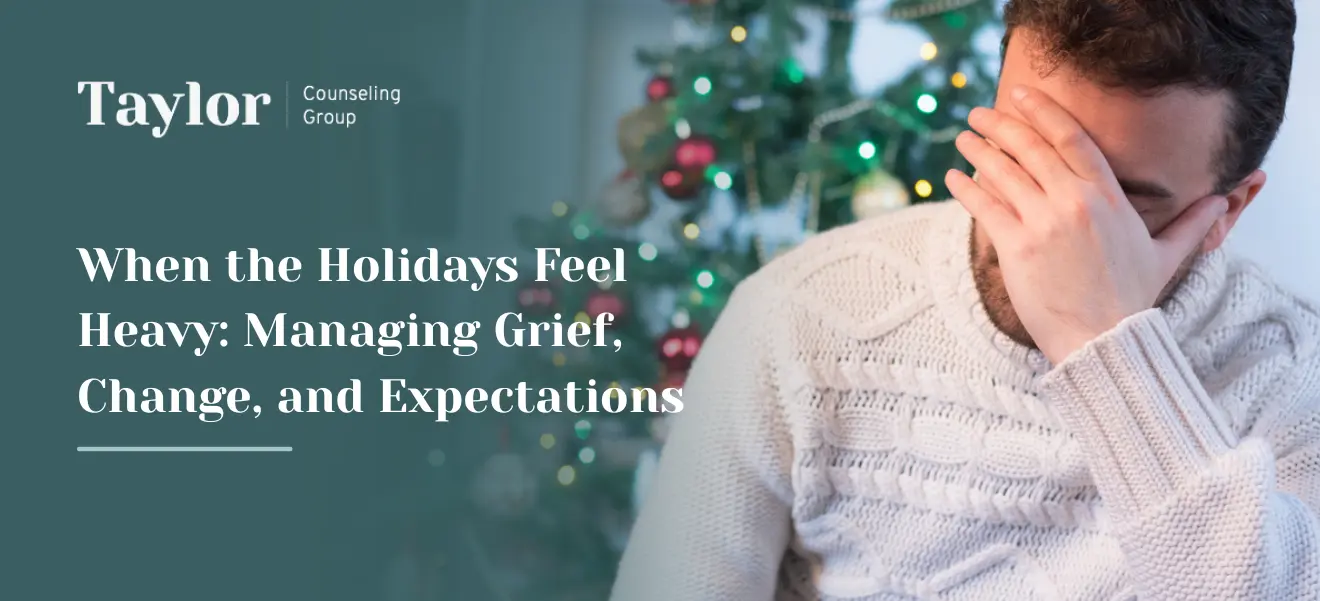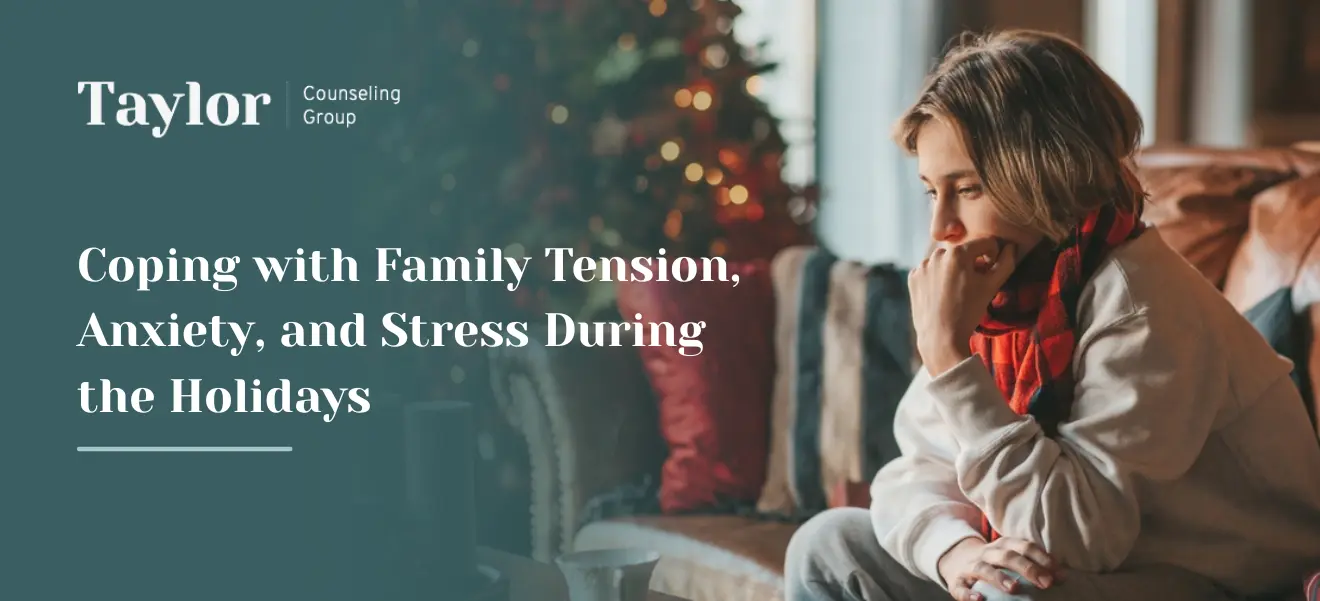Conflict is rarely an area of relationships in which anyone becomes comfortable, yet anyone with healthy and growing relationships will tell you that conflict is inevitable. All too often, in the swirl of uncomfortable feelings that surround initiating difficult conversations or voicing another perspective in midst of an already tense interaction, it seems wiser—or at least safer—to self-silence. All sorts of messages begin popping into the mind, justifying why it is better to keep quiet. “He won’t understand…I don’t want to start a fight…She’ll be so upset with herself if I tell that she hurt me…” So the emotions get pushed down and ignored.
But like a beach ball in a pool, feelings can only be pushed down so much before they find another avenue of escape. Emotions that are stuffed down and left undealt with at best inhibit conversations that lead to deeper understanding and connection within the relationship, and at worst stew into resentments that lead to passive-aggressive or even aggressive attempts to indirectly communicate dissatisfaction, ultimately causing even greater damage to the relationship. Either way, avoiding the discussion of awkward or distressing feelings and experiences obstruct the free flow of communication, which is the foundation and lifeblood of every relationship.
So as difficult as it may feel, lean in and speak up. It is important to share your thoughts and feelings in close relationships, especially the burdensome ones. If the idea of sharing those feelings is too overwhelming, try scripting out what you want to say. It may also be helpful to see a counseling professional who can help you develop the skills and confidence needed to engage well with your emotions and communicate them effectively.






